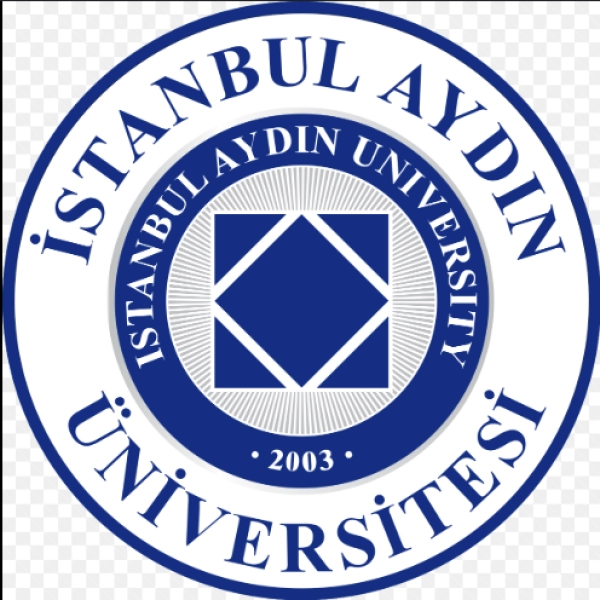Faculty: Graduate School of Social Sciences
This specialization focuses on studying international relations with a specialized focus on terrorism and counterterrorism. Students will explore global political systems, security studies, conflict resolution, and the root causes of terrorism. The program integrates theoretical knowledge with practical skills to prepare students for careers in international diplomacy, security analysis, counterterrorism, and academic research.
Learning Objectives:
- Understand the principles of international relations and apply them to global security issues.
- Develop skills in analyzing the causes, dynamics, and impacts of terrorism.
- Learn techniques for counterterrorism strategies and conflict resolution.
- Explore the role of international organizations and diplomacy in addressing terrorism.
- Understand the ethical and legal considerations in counterterrorism efforts.
- Analyze the challenges and opportunities for careers in international relations and terrorism research.
- Develop critical thinking and problem-solving skills to address contemporary global security challenges.
Main Outline:
- Introduction to International Relations and Terrorism Research - An overview of the field, its history, and its significance to global security.
- Theories of International Relations - Study of major theories, including realism, liberalism, and constructivism.
- Terrorism and Political Violence - Examination of the causes, motivations, and methods of terrorist organizations.
- Counterterrorism Strategies - Techniques for preventing and responding to terrorist threats.
- International Security and Conflict Resolution - Principles of security studies and strategies for resolving international conflicts.
- Role of International Organizations - Study the roles of the United Nations, NATO, and other organizations in combatting terrorism.
- Emerging Trends in Terrorism and Counterterrorism - The impact of new technologies, such as cyberterrorism and drone warfare, on global security.
Evaluation Methods:
- Research papers and case studies on terrorism and counterterrorism.
- Written assignments and policy analysis.
- Presentations on international relations and terrorism research.
- Participation in group discussions and debates on contemporary issues.
Recommended Textbooks:
- "Terrorism and Counterterrorism" by Brigitte L. Nacos.
- "Understanding Terrorism: Challenges, Perspectives, and Issues" by Gus Martin.
- "International Relations: The Key Concepts" by Martin Griffiths and Terry O'Callaghan.
Prerequisites:
Basic knowledge of political science, history, and international relations.
Duration of the Specialization:
Four years, combining lectures, research projects, and internships.
Degree:
Degree in International Relations and Terrorism Research, depending on the program.
Target Audience:
Undergraduate and graduate students in political science or international relations or related fields, and professionals seeking to enhance their skills.
This specialization prepares students to analyze and address global security challenges, benefiting from theoretical knowledge, practical skills, and emerging trends in international relations and terrorism research.

